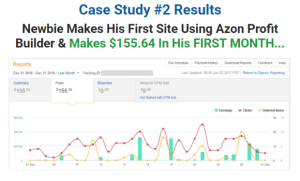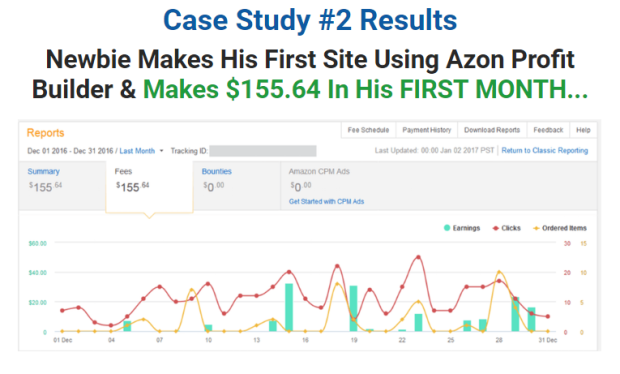The UK Debt Problem
Nowadays, it often seems like everyone is talking about debt. We’re constantly looking for new ways to get out of it – and yet, at the same time, going further in sometimes seems unavoidable. After all, buying a house or a car would be out of the question for most people if they couldn’t get a loan and make payments. Credit cards are another source of debt that some people utilize to make their lives better – though it’s also sometimes a source that can quickly overwhelm us if we’re not careful.
Here are some statistics about UK debt that might surprise you.
UK Debt Statistics
- The total personal debt in the UK (at the end of 2015) was £1.469 trillion.
- In March of 2015, the average UK salary was £23,829 (excluding bonuses)
- In this same month, the level of daily net lending by banks to individuals was £71m
- Every five minutes and fifty-five seconds, someone in England and Wales becomes insolvent
(source: http://themoneycharity.org.uk/money-statistics/)
One surprising aspect of the latest debt statistics was the fact that UK debt as a whole was up to its current figure from £1.440 trillion the year before. This might not seem like much at first, but it does add up when you take the population size into account. Taking these numbers into account, as well as the size of the population, we end up with an extra £574 per UK adult. That’s over £500 more in debt for each separate adult if it were all spread out evenly.
Believe it or not, the average debt per household in the UK in January 2015 was £55,003. 58 properties are also repossessed every day in the UK – which adds up to just about one every 25 minutes.
Why does it matter?
While debt might seem like a numbers problem, there’s actually a lot more to it. Dr. John Gatherwood (of the University of Nottingham) actually did a study on the correlation between debt and mental health – and the results weren’t unexpected. He found that people who are struggling to pay off loans and debts are more than twice as likely to experience mental health problems like anxiety or depression. People in debt are also more likely to feel overwhelmed and stressed.
(source: http://www.thesimpledollar.com/the-emotional-effects-of-debt/)
How do most people respond to being in debt?
According to debt.org (source: http://www.debt.org/advice/emotional-effects/), people may respond to the fact that they’re in debt in a number of different ways. Some may experience denial, and may refuse to face the facts surrounding their financial situation.
Some might become stressed. Unable to stop thinking about the problem, they might find themselves restless and worried. They might even have problems sleeping.
For some people, stress inevitably leads to moments of fear and/or panic. Hearing the phone ring when you expect another creditor to be on the line, for example, could trigger such emotions.
Anger and depression are also emotions that many people experience when they find themselves in financial trouble. They may feel negative about how they got where they are, or resent a spouse who might have made the problem worse. Maybe they walk around feeling hopeless – convinced that things will never change.
How do you find relief?
One of the best ways to find relief from the stresses, pressures, and other psychological effects of debt is to start taking your life back -one step at a time. Making a plan to get out of debt is probably the first step. Taking logical, meaningful action to escape from the ‘financial hole’ that we’ve found ourselves in is the fastest way to find relief and peace.
For some, this might mean calling a debt counsellor. For some, this might mean getting rid of the credit cards. For others, it might be as simple as making a budget and sticking to it.
One thing that’s important to remember, however, is that debt problems aren’t created in a day. And since it takes us longer than a day or two to get into debt, it’s important to realize that it’s going to take us longer than that to get out of it. It’s a long process – but one that is completely doable if we can maintain enough willpower and fortitude to stay with it.
The post The UK Debt Problem appeared first on Debt Advice Blog.
SOURCE: Debt Advice Blog – Read entire story here.





















